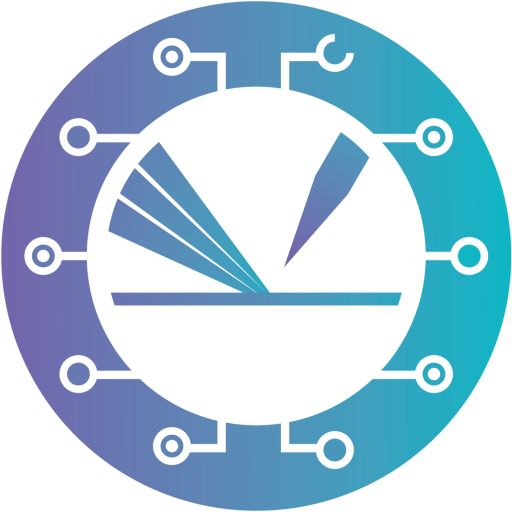Zdenek Jakub
Central European Institute of Technology (CEITEC)
Brno, Czechia
Tuesday, 10th October 2023,16:00 s.t.
The talk will be given in hybrid mode.
You can either attend in physical presence:
TU Wien, Institute of Applied Physics,
Wiedner Hauptstraße 8-10, 1040 Vienna
Yellow Tower “B”, Seminar Room DB 05 B (5th floor)
Or you join via Zoom:
Zoom-Meeting
Meeting ID: 829 054 027 Password: 096745

Studying 2D metal-organic frameworks on weakly-interacting surfaces:
How the support defines the system propertie
Two-dimensional metal-organic frameworks (2D MOFs) show great potential for applications in single-atom catalysis, spintronics, or high-density data storage. The functionality of these materials crucially depends on the local environment of the embedded metal atoms, and such atomic-scale details are experimentally best ascertained on 2D MOFs supported on atomically flat surfaces. However, the interaction with the support can change the 2D MOF properties, which limits the relevance of on-surface studies for applications. In this talk I will show that this issue can be circumvented by synthesizing 2D MOFs on an inert graphene support, where the intrinsic 2D MOF properties can be partially retained. We demonstrate this on the case of metal-TCNQ 2D MOF systems (TCNQ = tetracyanoquinodimethane), which can adopt non-planar configuration with metal atoms in quasi-tetrahedral sites when supported on graphene. Such a structure is similar as in the gas phase, but is unattainable on standard metal supports, where stronger van-der-Waals interaction causes planarization of the metal-organic structure. The support-induced structural differences are coupled to distinct features in the electronic structure, and ultimately affect every potential application of these systems. We experimentally demonstrate how the support affects molecular adsorption on the 2D MOF systems, how this allows synthesis of multilayer MOF systems, and how the MOF-support interface can be further tuned by graphene doping. Overall, the modular M-TCNQ/graphene system combines the atomic-scale definition required for fundamental studies with the robustness and stability needed for applications, thus we consider it an ideal model for research in catalysis or spintronics.
